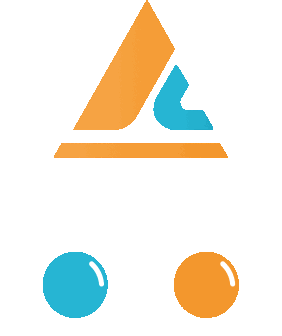
Close

BCoder Castle – Best Software App & Web Design Development Company 2023

In recent years, artificial intelligence (AI) has grown in importance in the industrial business. Machine learning, natural language processing, and computer vision are examples of AI technologies that may be used to automate different areas of the manufacturing process, such as production planning, quality control, predictive maintenance, and supply chain management. Manufacturers may use AI to optimize their processes and increase efficiency while lowering costs and improving profitability.
There are a number of ways in which artificial intelligence (AI) can transform the manufacturing industry. Here are some benefits of leveraging AI in the manufacturing industry:
Improved Quality Control: AI can analyze large amounts of data to identify patterns and detect anomalies, which helps manufacturers identify quality issues early and improve their products. AI-powered systems can also perform automated inspections and quality checks, reducing the risk of defects and ensuring consistent quality.

The implementation of Artificial Intelligence (AI) in the manufacturing industry brings several challenges that need to be addressed for successful adoption of AI in manufacturing. Some of these challenges are:
There are several AI solutions being used in the manufacturing industry today that can help improve efficiency, productivity, and quality. Here are some examples:

With the integration of artificial intelligence (AI) technology, the manufacturing industry is undergoing a significant transformation. AI is improving industrial processes such as design, production, and supply chain management. Manufacturers may use AI to enhance product quality, minimize waste, boost productivity, and cut prices. AI-powered devices may also collaborate with human operators to improve safety and productivity. Downtime and maintenance expenditures can be reduced by using predictive maintenance algorithms. Overall, the future of AI in manufacturing is bright, with the potential to transform the sector by opening up new avenues for innovation and development. As AI technology advances, it will play a more important role in determining the future of the industry.
Bcoder Castle can play a significant role in implementing AI in the manufacturing industry. We offer a range of solutions that can help various processes in the manufacturing sector, leading to increased efficiency & productivity. Bcoder can provide custom open AI API solutions tailored to the specific needs of the manufacturing company.
We can create algorithms for predictive maintenance, which can detect potential equipment failures before they occur. And minimizing downtime & reducing maintenance costs. So if you are looking for services for AI technology for your manufacturing company, contact us. And we will assist you with the complete process.
A: AI refers to the development of computer systems that can perform tasks that would typically require human intelligence, such as visual perception, speech recognition, decision-making, and language translation.
A: Some examples of AI in manufacturing include robotic process automation, predictive maintenance, computer vision for quality control, and natural language processing for supply chain optimization.
A: AI is improving efficiency in manufacturing by automating processes, optimizing production schedules, reducing downtime, and enhancing supply chain management. AI-enabled machines can analyze data in real time, detect anomalies, and make decisions based on that data.

